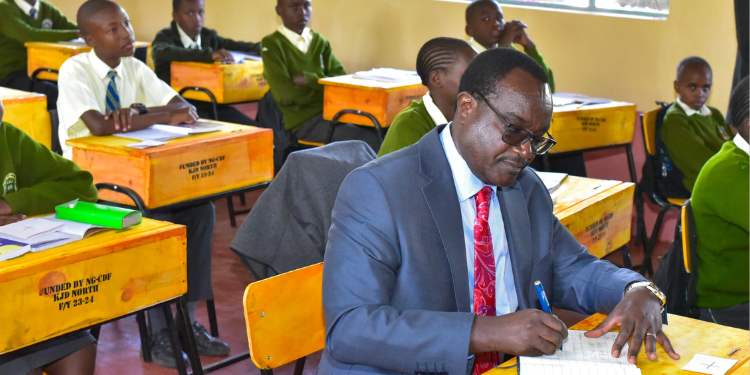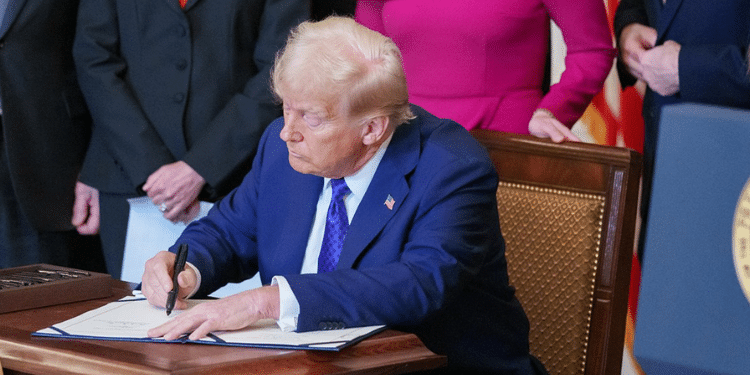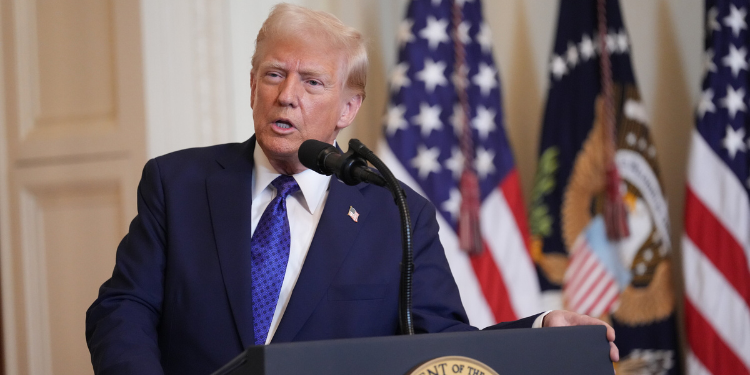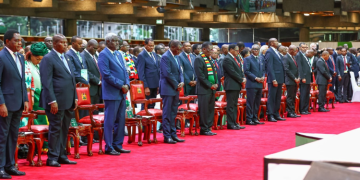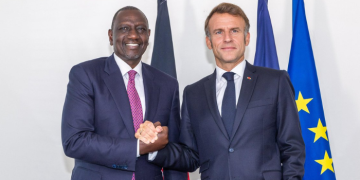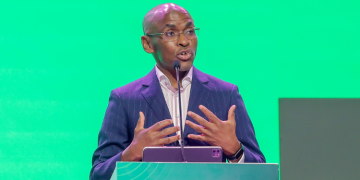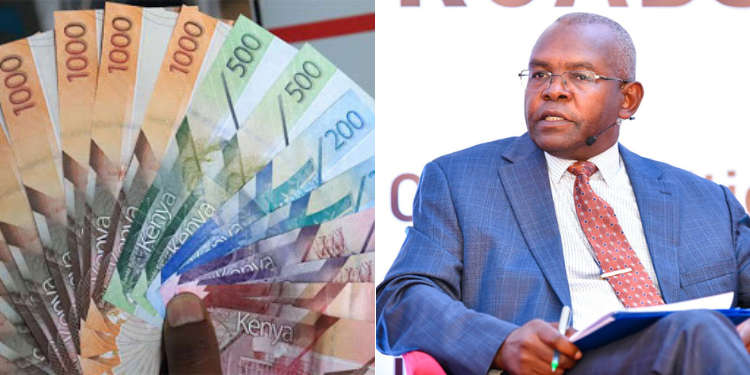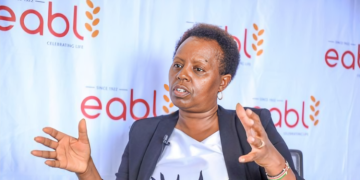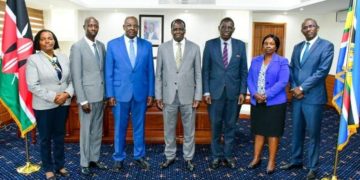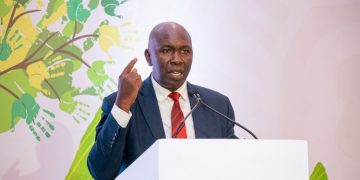The Ministry of Education has announced plans to use drones to deliver national examination materials in the future, in a bid to cut costs and improve access to flooded or hard-to-reach areas.
Appearing before the National Assembly Committee on Education Cabinet Secretary Julius Ogamba said flooding in several parts of the country has disrupted transport to examination centers, making innovative solutions increasingly necessary.
“We have floods in some parts of the country where we are administering exams,” Ogamba said.
“This morning, we received reports of areas where vehicles were not able to pass through some bridges after they flooded. As a ministry, we have put measures in place because it is something that happens every year.”
Ongoing Examinations and Plans to Use Drones
Migos, who led ministry officials and representatives from the Kenya National Examinations Council (KNEC), confirmed that drones were among the technologies being considered to strengthen exam logistics and reduce reliance on costly air transport.
Over 3.4 million candidates are currently sitting the Kenya Primary School Education Assessment (KPSEA), Kenya Junior School Education Assessment (KJSEA), Kenya Intermediate Level Education Assessment (KILEA), Kenya Pre-Vocational Level Education Assessment (KPLEA), and the Kenya Certificate of Secondary Education Examination (KCSE).
The tests, which began on October 21, will continue through November 21 across 32,834 KPSEA centers and 10,765 KCSE centers, according to ministry data.
Committee Chair Julius Melly raised concerns about how heavy rains, particularly in Tana River and Murang’a counties, could affect the exams.
CS Migos assured lawmakers that all candidates would sit for their exams despite the adverse weather.
“We have a command center at KNEC headquarters receiving live updates from affected areas,” Migos said. “We also have other modes of transport, including helicopters on standby, to make sure every candidate does an exam.”
Budget Shortfall
Migos added that the Ministry plans to release KPSEA and KILEA results by December 2025 and KCSE results by January 2026.
Lawmakers also questioned the Education Ministry about the KSh 3.7 billion budget deficit affecting the examination process.
Migos confirmed the shortfall, noting that while the ministry had requested Ksh 12.7 billion, only Ksh 5.9 billion was approved.
A supplementary allocation of Ksh 3.1 billion later reduced the deficit.
“Every year we make a presentation on the budget,” Migos said. “We are working with Treasury to ensure that once budget allocations are made, essential items such as examinations are not slashed.”
Exam Fees and Capitation Concerns
On her part, Mary Emase raised reports that some schools were charging parents unauthorized exam fees. Migos reiterated that government funding fully covers all national examinations.
“We take disciplinary action on such schools,” he said. “By law, it is the responsibility of the government to fund examinations.”
Rebecca Tonkei stated delays in the release of capitation funds, citing a secondary school in Narok County that had not received any funding.
Migos confirmed that 29 newly established schools are yet to receive funds due to ongoing verification exercises, with over 900 schools having delayed data submissions.
Committee members expressed concern and directed the CS to appear before them again to address the funding issue.
Follow our WhatsApp Channel and X Account for real-time news updates.
